I can clear my development computer's NuGet package cache using Visual Studio menu Tools → Options → NuGet Package Manager → General: Clear Package Cache button.
I would like to do this on the command line. Unfortunately, I can not find a related command line switch for nuget.exe.
Did I miss something?
